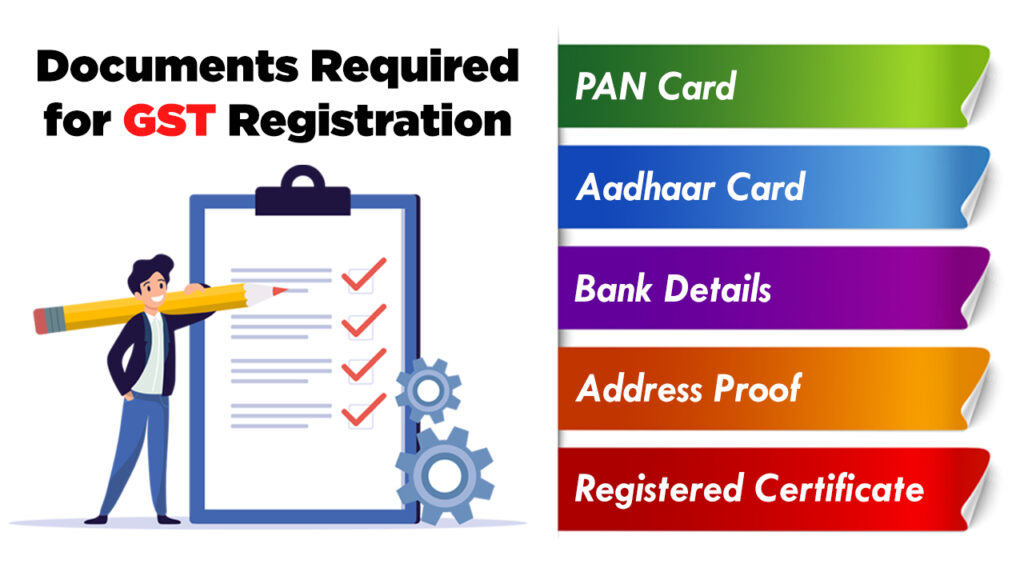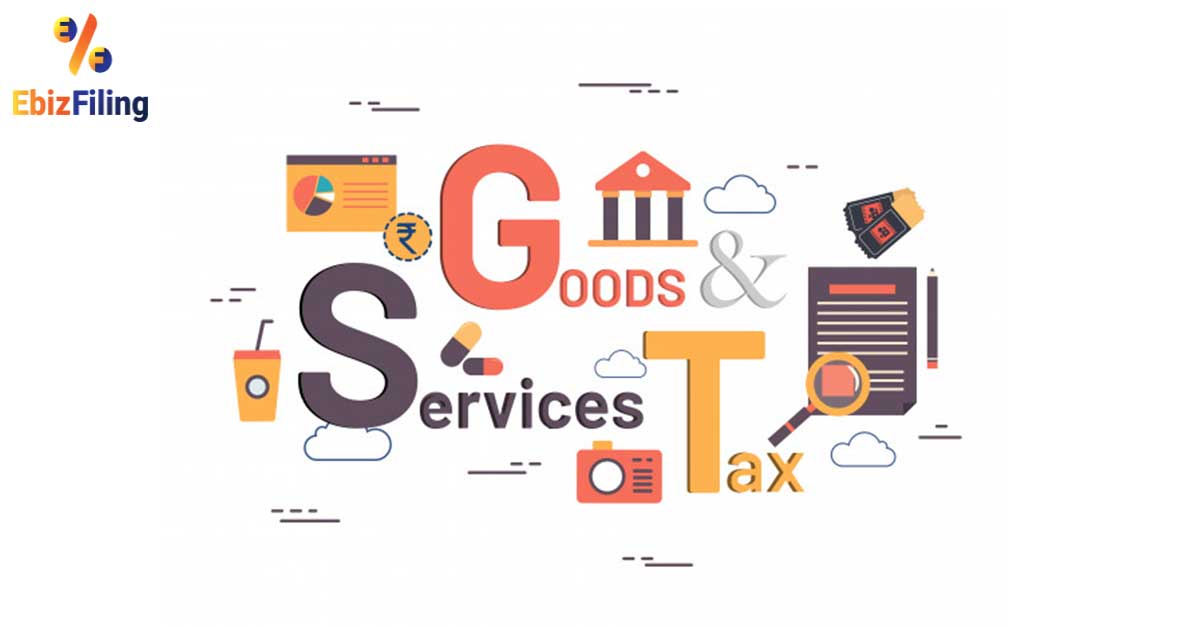Top Rated Best GST Registration Services in Singapore for 2024
Top Rated Best GST Registration Services in Singapore for 2024
Blog Article
From Beginning To End: The Ultimate Roadmap to GST Enrollment for Organizations Seeking Financial Security
Navigating the intricacies of Item and Services Tax Obligation (GST) enrollment is a critical step for services aiming for monetary stability. From recognizing the basic concepts of GST to abiding by post-registration standards, the process can appear daunting initially look. However, breaking down the roadmap right into manageable actions can enhance the enrollment trip for companies seeking to enhance their financial standing. Allow's check out the important elements that compose this best roadmap and uncover just how each stage adds to laying a solid foundation for economic success.
Comprehending GST Basics
Looking into the essential principles of Goods and Provider Tax (GST) is crucial for obtaining a thorough understanding of its effects on companies and the economic situation. GST is a value-added tax obligation imposed on many items and solutions for residential consumption. It has changed multiple indirect tax obligations that existed in the pre-GST age, improving the tax framework and enhancing simplicity of doing service in India. Under the GST system, both services and items are taxed at a details rate, which is established based upon their category. Organizations are required to register for GST if their annual turn over exceeds the threshold limit established by the government. Input Tax Obligation Credit (ITC) is a substantial attribute of GST, enabling services to assert credit history for taxes paid on inputs, minimizing the general tax obligation concern. Comprehending the essentials of GST is essential for organizations to adhere to tax obligation regulations, handle their financial resources effectively, and add to the nation's financial growth by taking part in a transparent tax obligation system.
Eligibility Criteria for Registration
To register for GST, organizations should meet certain qualification standards established by the federal government. The key eligibility need is that any kind of organization associated with the supply of goods or solutions with an annual accumulation turn over above the threshold limitation established by the authorities have to sign up for GST. Since the current guidelines, the threshold limitation for GST registration is an annual aggregate turnover of 40 lakhs for companies running within a state, with the exception of unique group states where the restriction is 20 lakhs. Additionally, certain businesses are called for to register for GST regardless of their turnover, such as interstate vendors, casual taxable persons, and organizations liable to pay tax under the reverse fee device. It is critical for services to completely examine their turn over and purchase types to determine their GST enrollment commitments properly. Failing to register for GST when eligible can bring about charges and lawful effects, making it essential for services to follow the defined eligibility standards.
Documents Needed for Registration
Having actually fulfilled the eligibility criteria for GST registration, companies need to currently ensure they have the requisite files in place to proceed with the enrollment procedure successfully. The documents required for GST enrollment commonly consist of proof of business constitution, such as collaboration deed, enrollment certification, or consolidation certification for various types of businesses. In addition, companies look at this website require to offer files developing the principal location of organization, such as a rental contract or electrical power costs.
Step-by-Step Registration Process
Commencing the GST enrollment process involves a collection of organized steps to make certain a seamless and compliant enrollment for businesses. The very first step is to see the GST website and submit the registration type with exact information of the company entity. Following this, the applicant receives a Short-lived Recommendation Number (TRN) which is used to resume the application procedure if it's not completed in one go.
Following, all required documents as per the checklist given by the GST portal requirement to be published. These records usually include evidence of service enrollment, identification and address evidence of marketers, financial statements, and business entity's PAN card.

Post-Registration Compliance Standards

Final Thought
Finally, companies seeking monetary security should understand the fundamentals of GST, fulfill qualification criteria, collect required records, comply with the detailed enrollment process, and adhere to post-registration standards - Best GST registration services in Singapore. By sticking to these steps, businesses can ensure compliance with tax laws and keep financial stability over time
Additionally, particular businesses are needed to register for GST irrespective of their turnover, such as interstate providers, informal taxable individuals, and businesses accountable to pay tax under the reverse charge device.Having satisfied the eligibility standards for GST registration, companies have to now ensure they have the requisite papers in area to continue with the enrollment procedure effectively. The records needed for GST enrollment usually consist of proof of company constitution, such as collaboration deed, enrollment certificate, or consolidation certificate for different types of organizations. Furthermore, organizations require to supply files developing the principal area of organization, such as a rental contract or electrical energy expense.Starting the GST registration procedure entails a series of structured actions to ensure a compliant and seamless registration for services.
Report this page